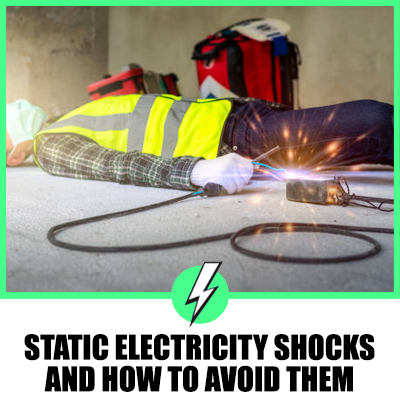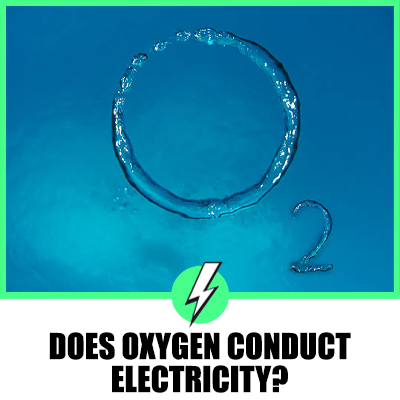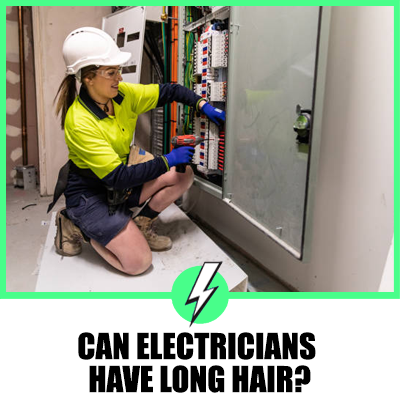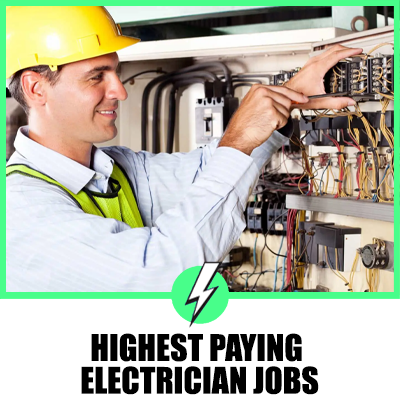Can Any Electrician Install A Tesla Charger?
It makes life much easier when you can charge your car at home without finding an EV charging station. In this article, we find out if:
- You hire an electrician to install a Tesla charger
- Is it easier to install a Tesla or regular charger?
- Do you need permission to get a charger fitted?
Yes, an everyday electrician has the necessary skills to fit a Tesla charger in your home for your convenience. However, there is little planning to consider, such as the location and length of cable required to connect easily to the charging port. The Tesla charger should also be located away from flammable liquids.
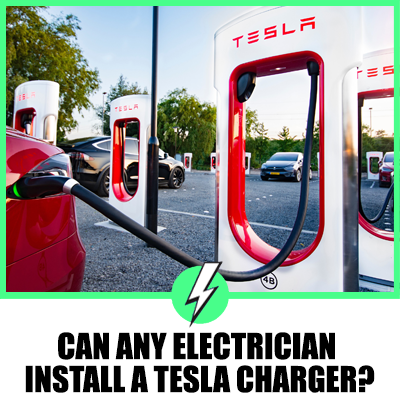
Contents
Can an electrician install a Tesla charger?
Yes, a qualified electrician can install a tesla charger in your home. The electrician will have all of the skills to complete the task easily.
However, there are specific parameters the electrician needs to consider, such as the location of the charger unit; it must be clear of flammable liquids.
The cable must be sufficiently long enough to reach the EV charging port.
Do you have to be certified to install a Tesla wall charger?
You need to be a certified qualified electrician who can install the EV charger competently. But in terms of special training, there is none at the moment.
There are moves to offer training and advice on how to fit EV chargers, but the truth is its bread and butter work for the qualified electrician.
The power supply will come from a new circuit with its own breaker.
Can you use a Tesla home charger for other cars in the UK?
It’s not recommended to mix and match EV charging stations and use them on any EV. Use the EV charger recommended by EV manufacturers such as Mercedes, Ford, or any other companies supplying EVs.
If you need to purchase a charging station, then it is likely that the Tesla charging unit will be priced at a premium over the other manufacturers.
When you buy a Tesla Do you get a charger?
Yes, the charger supplied with your new Tesla will be compliant with the electrical regs in your home country, and the car will have been adapted to accept 240 volts in the UK.
What size breaker do I need for a Tesla charger?
50 amp. Your new Tesla will need a big breaker to cope with your Tesla’s demand for lithium-ion batteries.
Tesla recommends a home charging unit that is 240 volts, NEMA (National Electrical Manufacturers Association) 14-15 outlet. This is a tried and tested unit frequently used for camping, electric stoves and other outdoor appliances that need a lot of power.
The recommended unit allows for a charge rate of 37 kilometres per hour. This would mean it would take almost 11 hours to charge a Tesla S model to a full charge.
Can you plug a Tesla into a regular outlet?
In theory yes, but it’s hardly worth the effort. Your Tesla would charge at just 3 miles per hour, It could be enough to get you home, but for any other reason, it’s not worth it.
Do I need a 200 amp service for Tesla?
If you have a 200 amp service, you are set to go and can charge at super-fast rates.
However, finding a domestic dwelling with a 200 amp supply is very rare. To achieve 200 amps, you will need a 3 phase connection to your home.
Your DNO- Distribution Network operator) would likely charge you 10 k to install a 3 phase connection in your home, making the 3 phase power supply out of the reach of the average EV owner.
If you do have 10K plus for a 3 phase installation, it will negate part of the reason for owning an EV!
Why do you tap a Tesla charger?
Is it just a ritual only for Tesla owners to tap the EV charger port? Nope, it is because the motor connected to the charging port’s cover is not well enough protected from the elements and needs little assistance.
As time goes by, it may become the Tesla charging ritual!
How long does it take to charge a Tesla?
With the home EV charger supplied by Tesla with the NEMA 14 -15 charger for a 240-volt outlet, your Tesla Model X or Model S will take 11 hours to complete a full charge.
Not 10.5 hours, as stated by Tesla. The Tesla S has a full charge range of 405 miles. You can charge your Tesla at a rate of 37 miles for every hour you are connected.
So, 405÷37 = 10945956, 11 hours.
Do I need permission to install a car charging point?
Your electrician may not be aware of the planning regulations in your area as he tends to only work with building regulations for your wiring.
You will need to inform your electrician that under the Town and Country Planning Act 2015, there are permitted development rights for charging points that are under the length of 1.6 metres installed.
This means it is not required to apply for planning to have an EV charger fitted within the parameters laid out.
How much does it cost to fit a charging point?
The average home charger is between £750 and 1000. The good news is the government is encouraging EVs, and they will offer a grant to subsidise the installation and purchase of the EV charger.
The Electric Vehicle Homecharger Scheme (EVHS) is a grant that provides a 75% contribution to the cost of a single charging point at your home.
However, the grant is capped at £350.00, Including the VAT per installation. The grant does take some of the heat of the installation cost and is a welcome gesture from the government.
Is an EV charger notifiable?
Yes, you will need a qualified electrician who can sign off on his work to install your EV charger as it is covered under part P of the building regulations for electrical installations.
